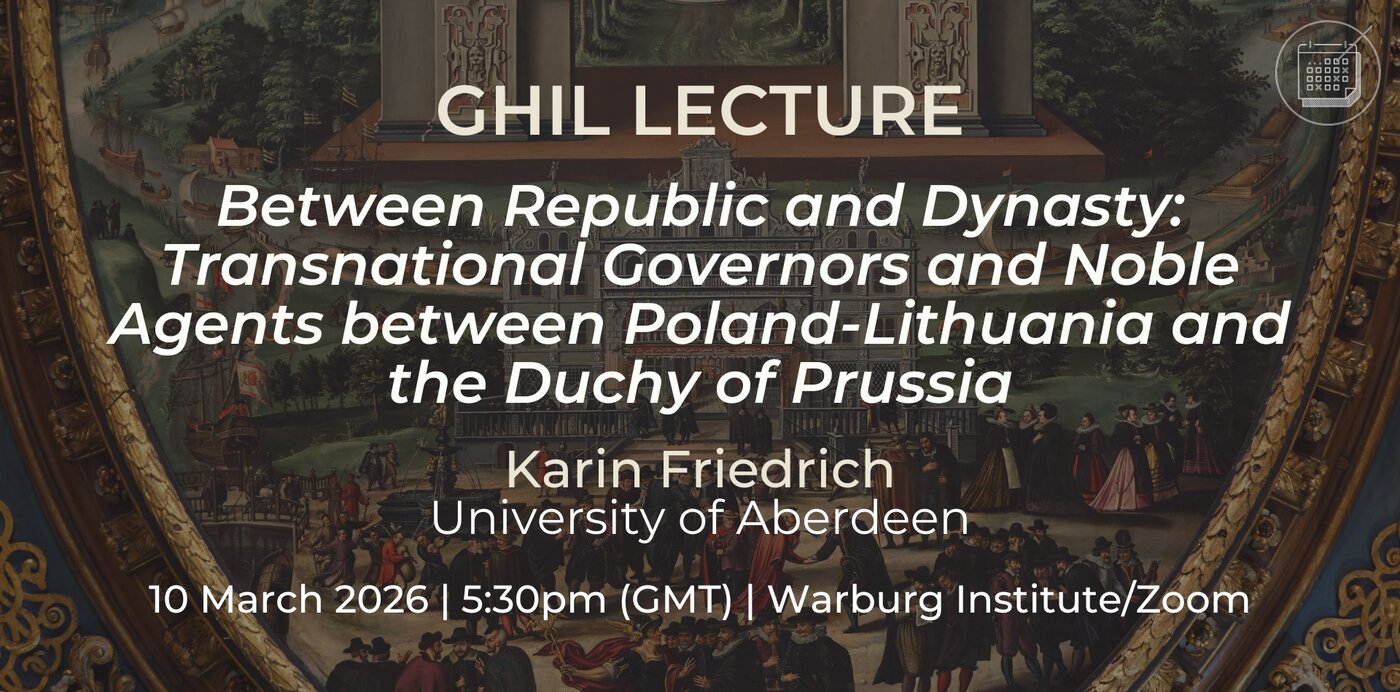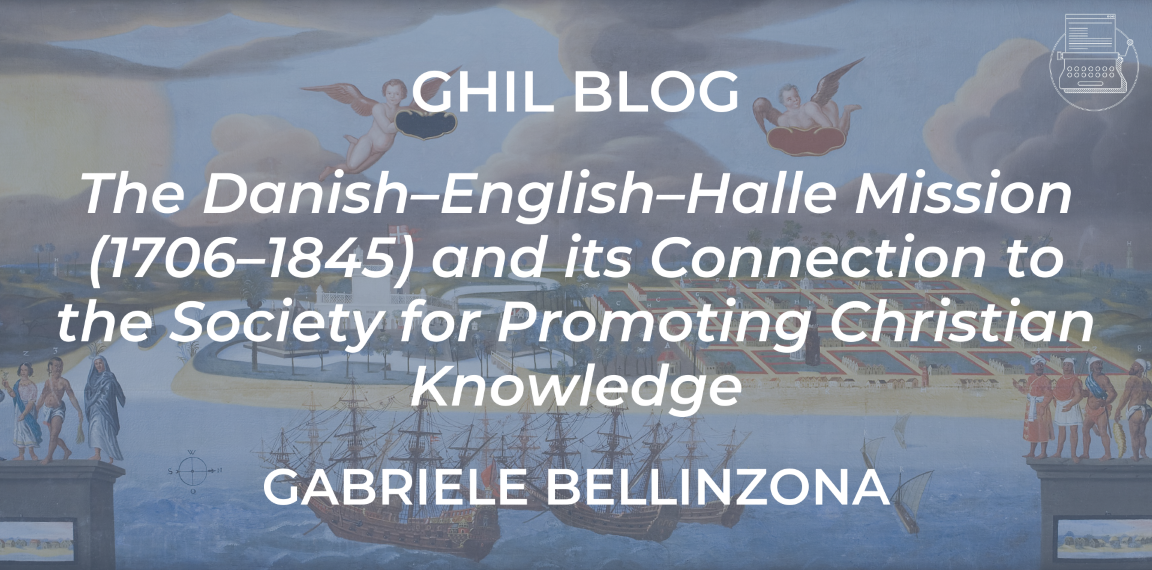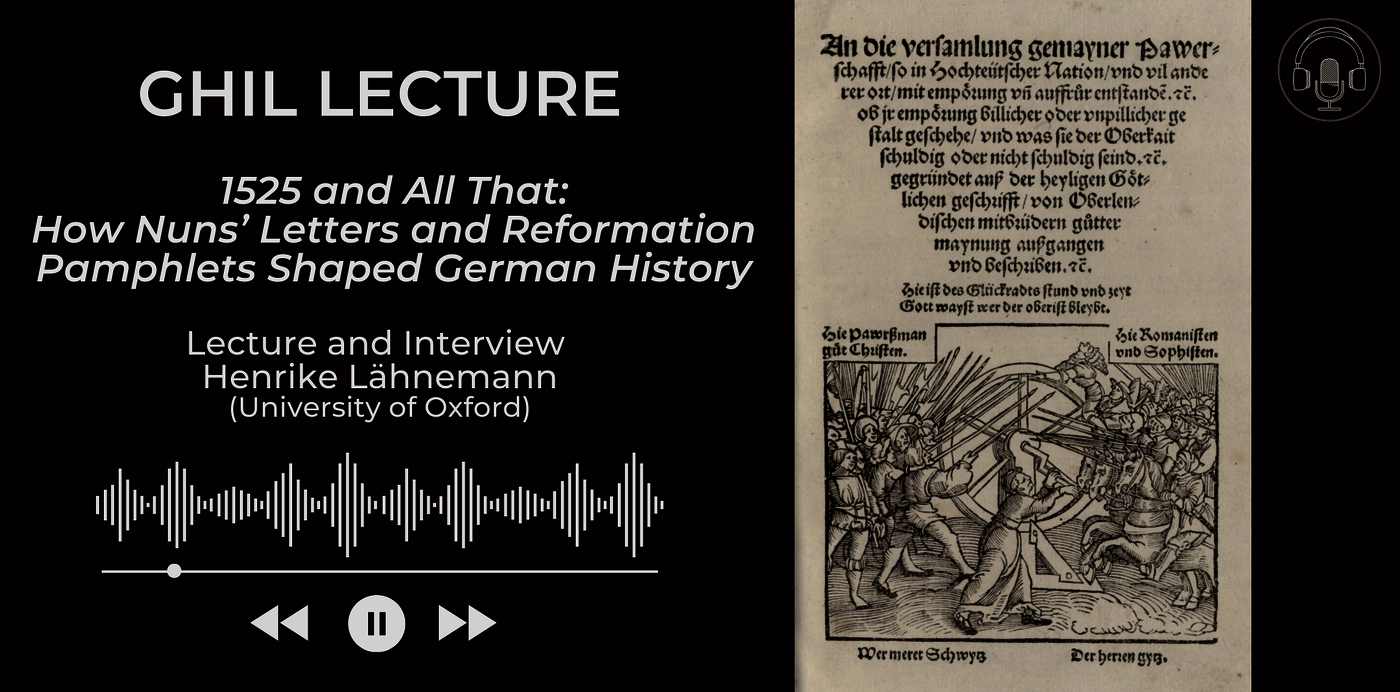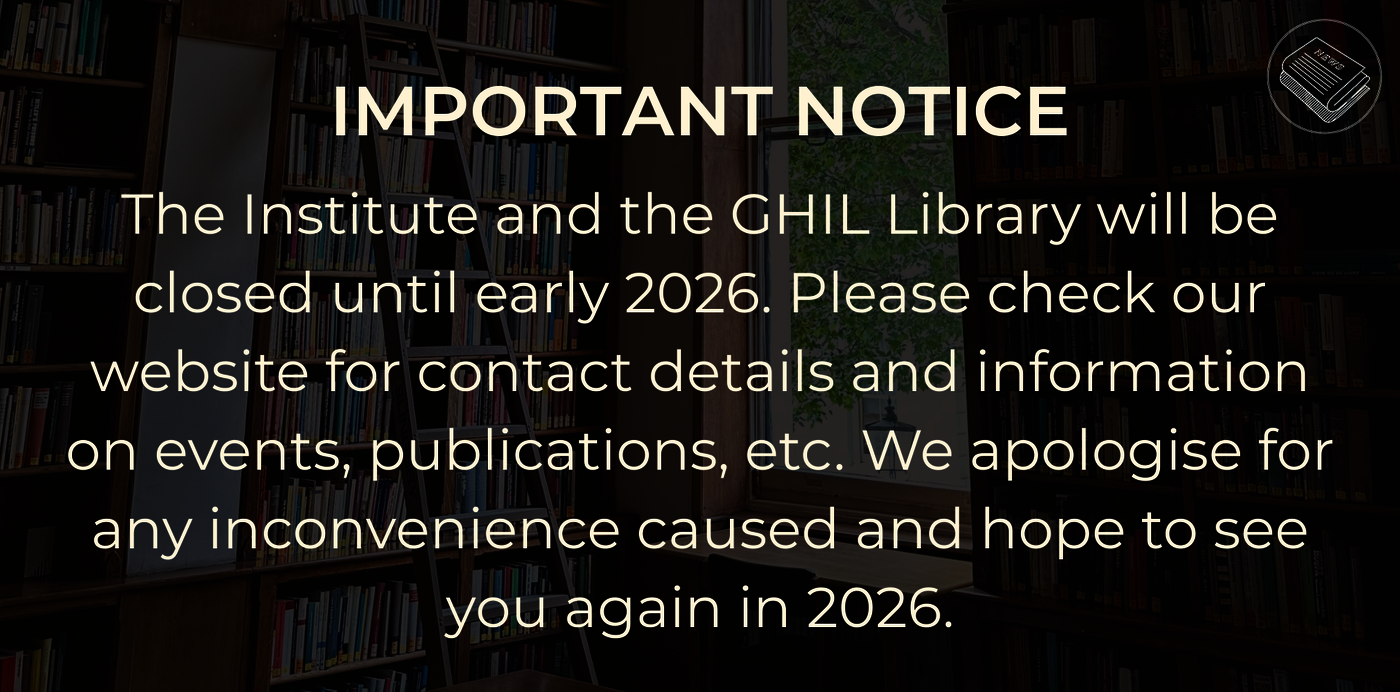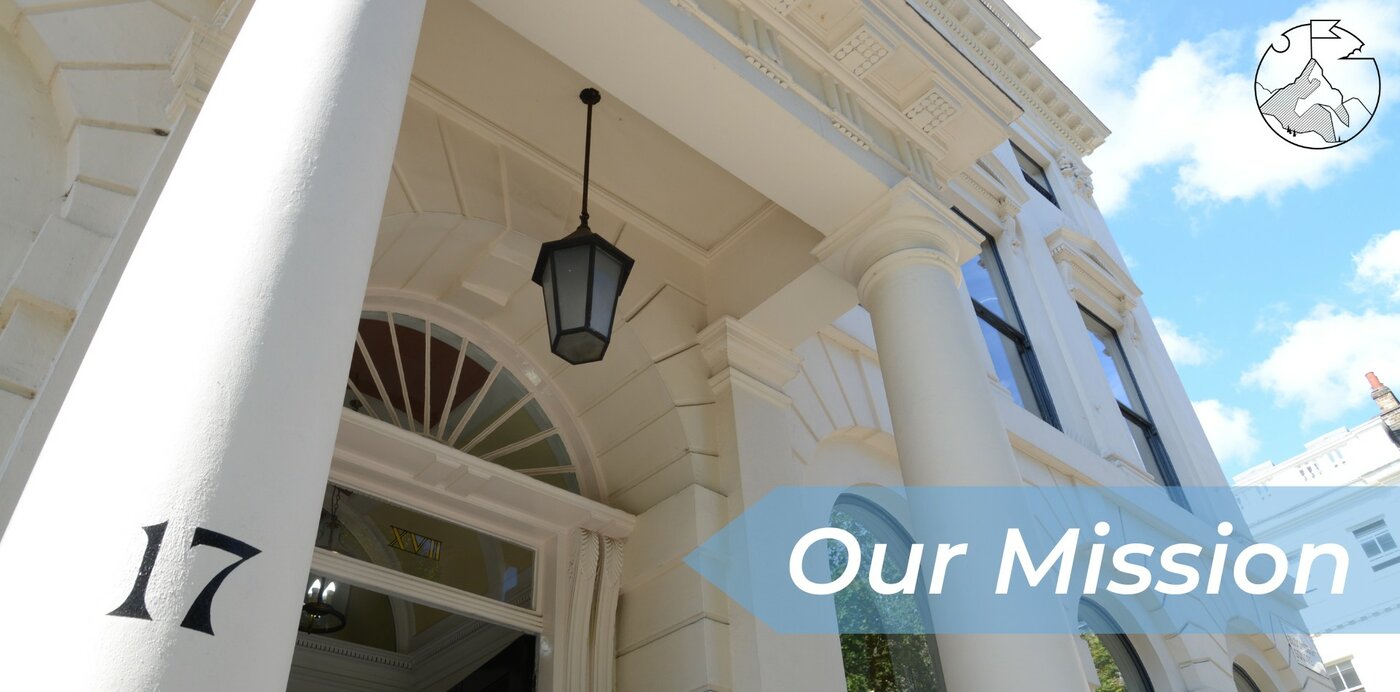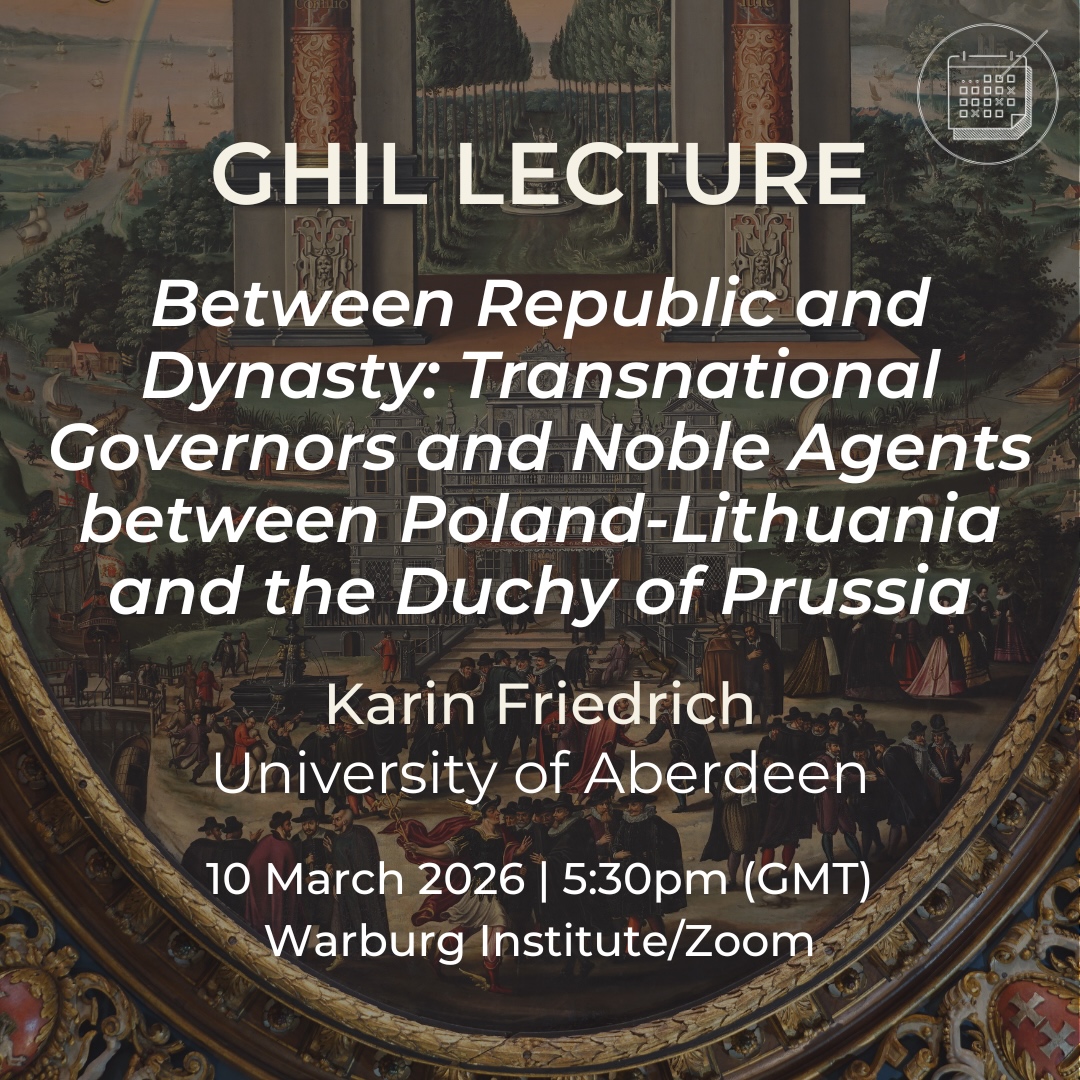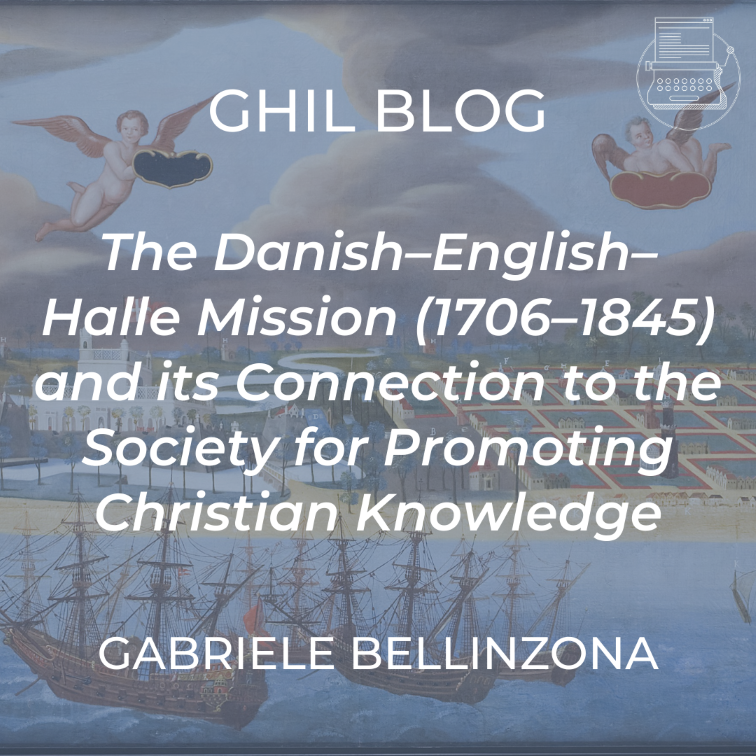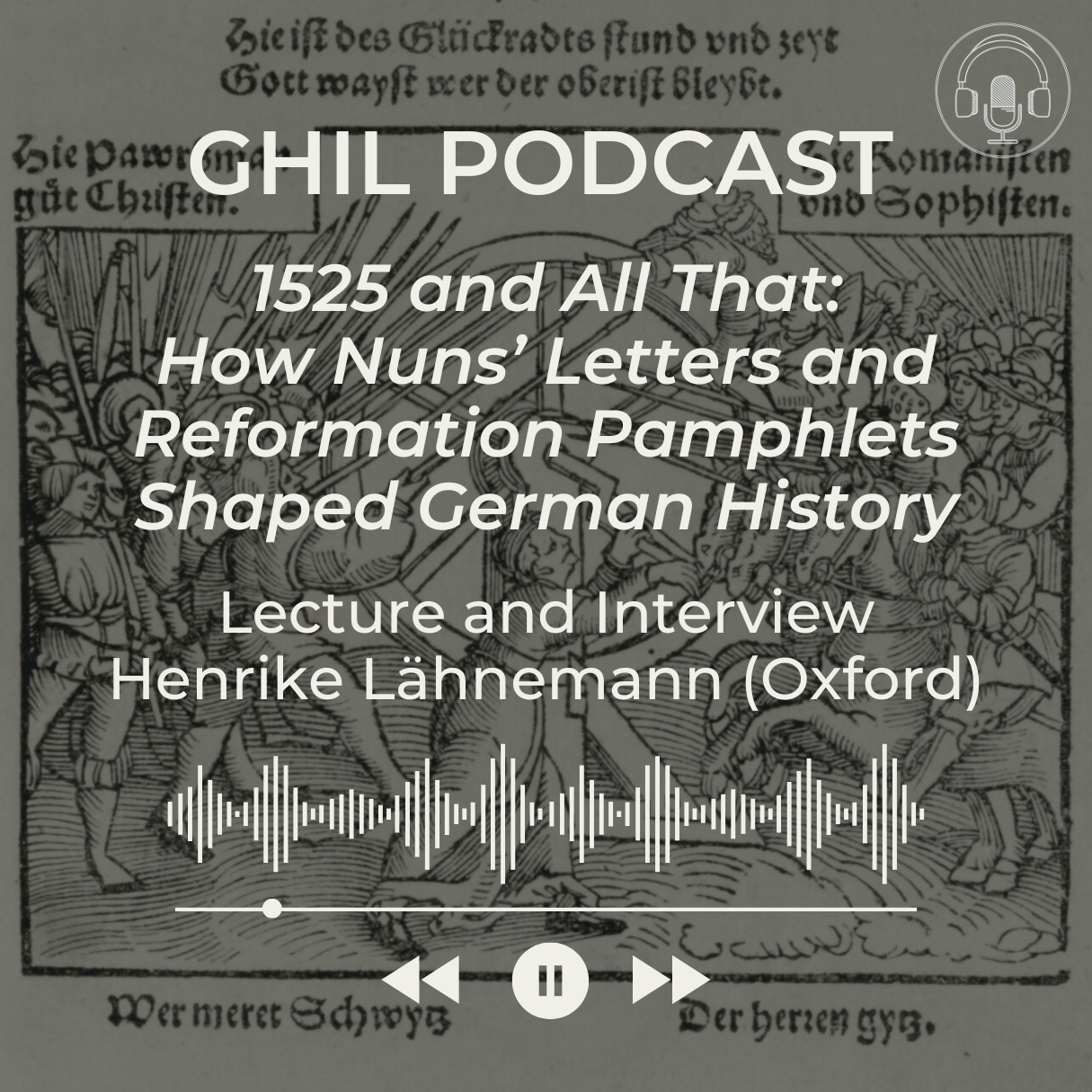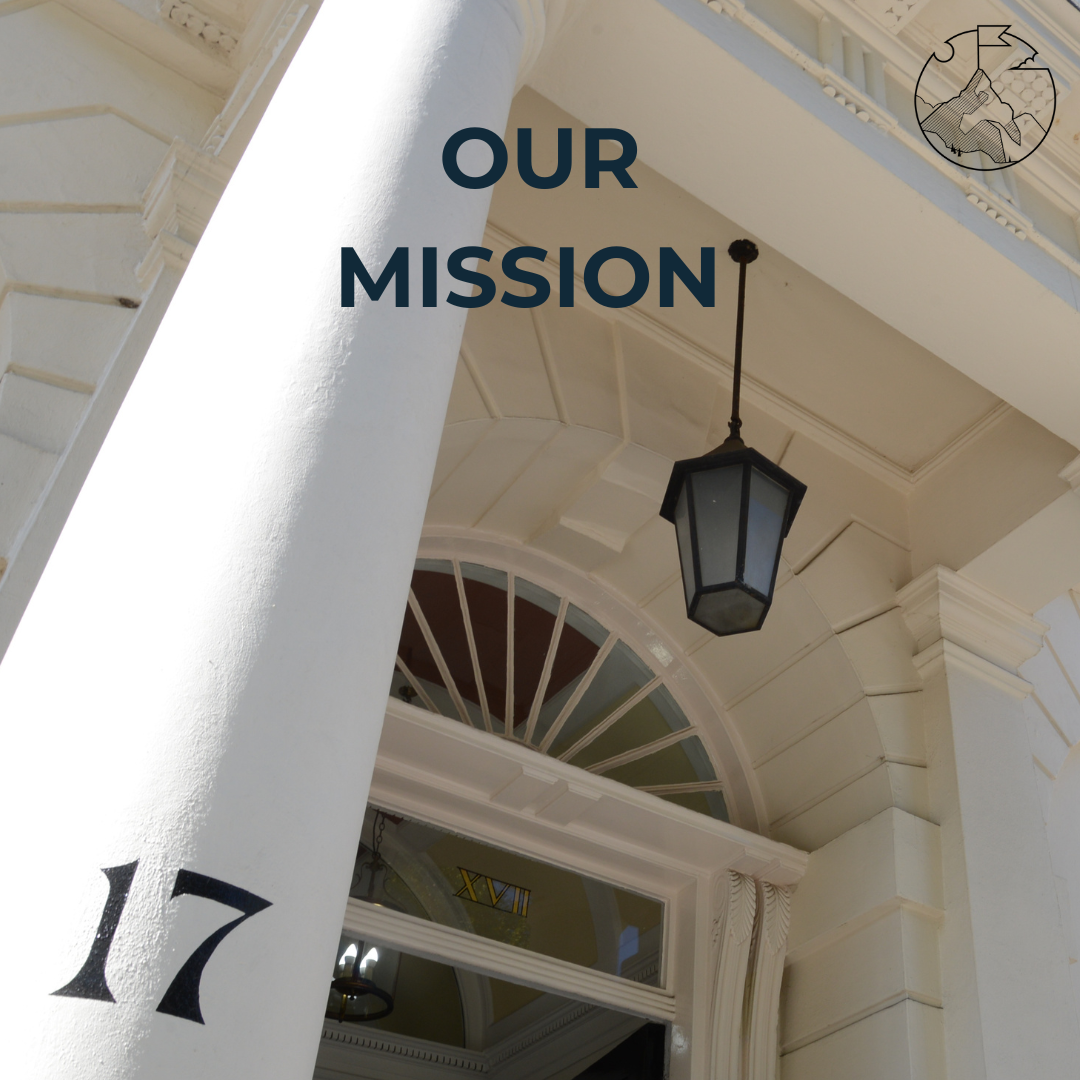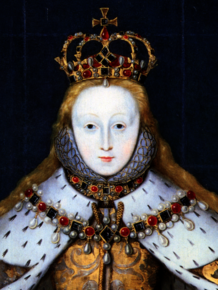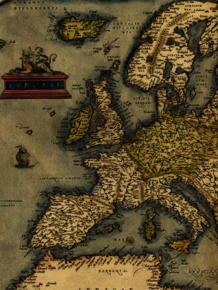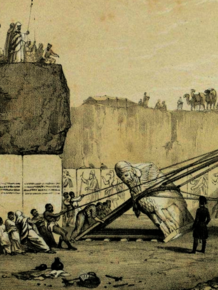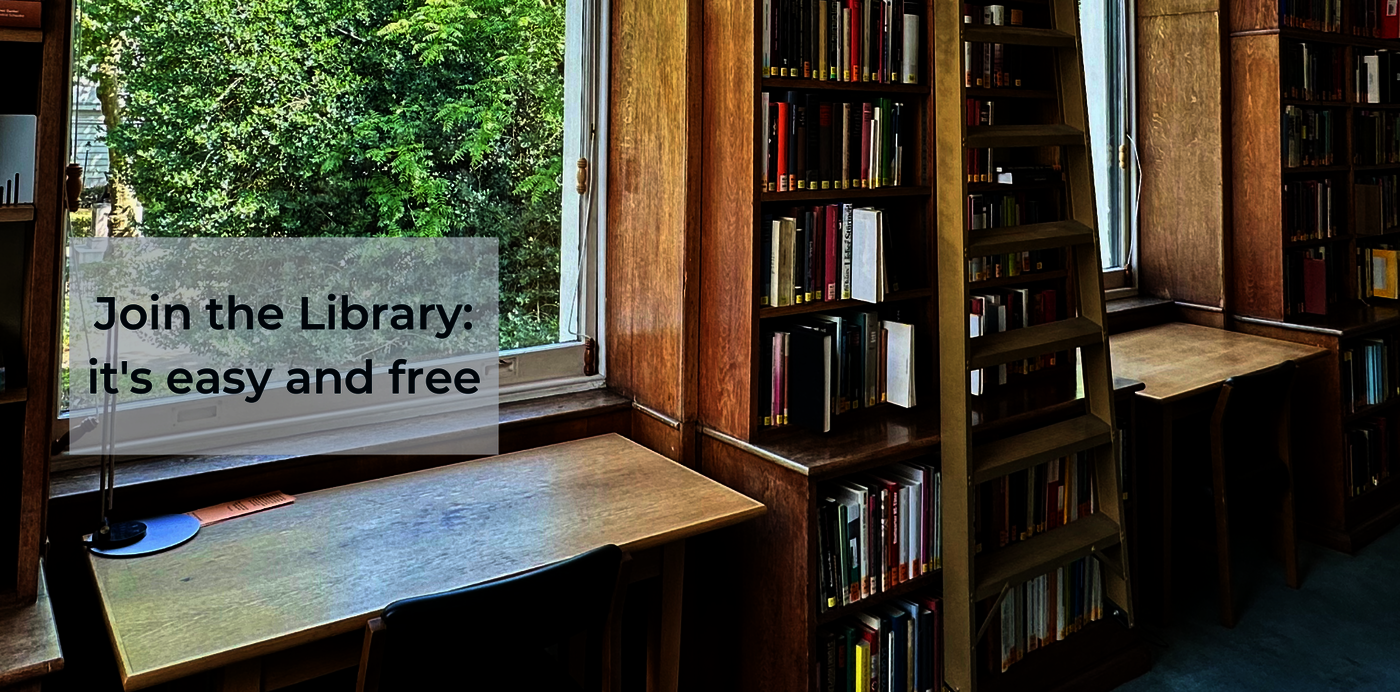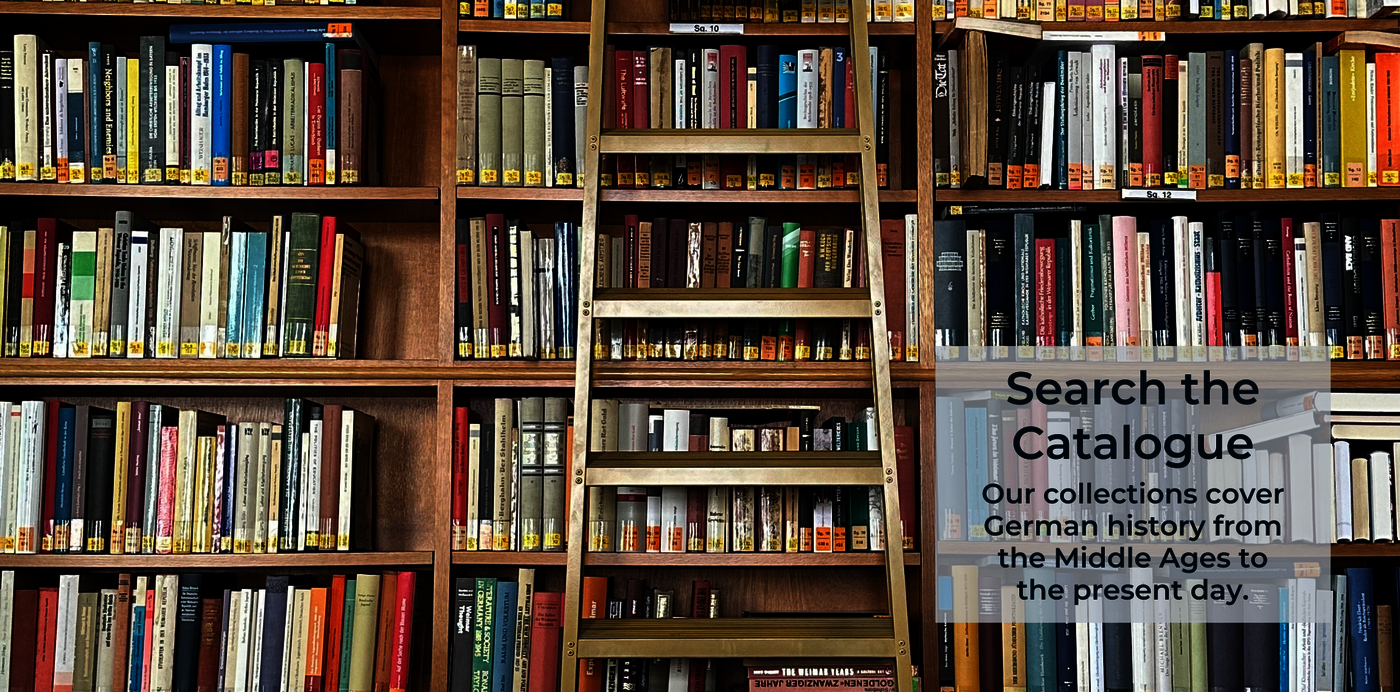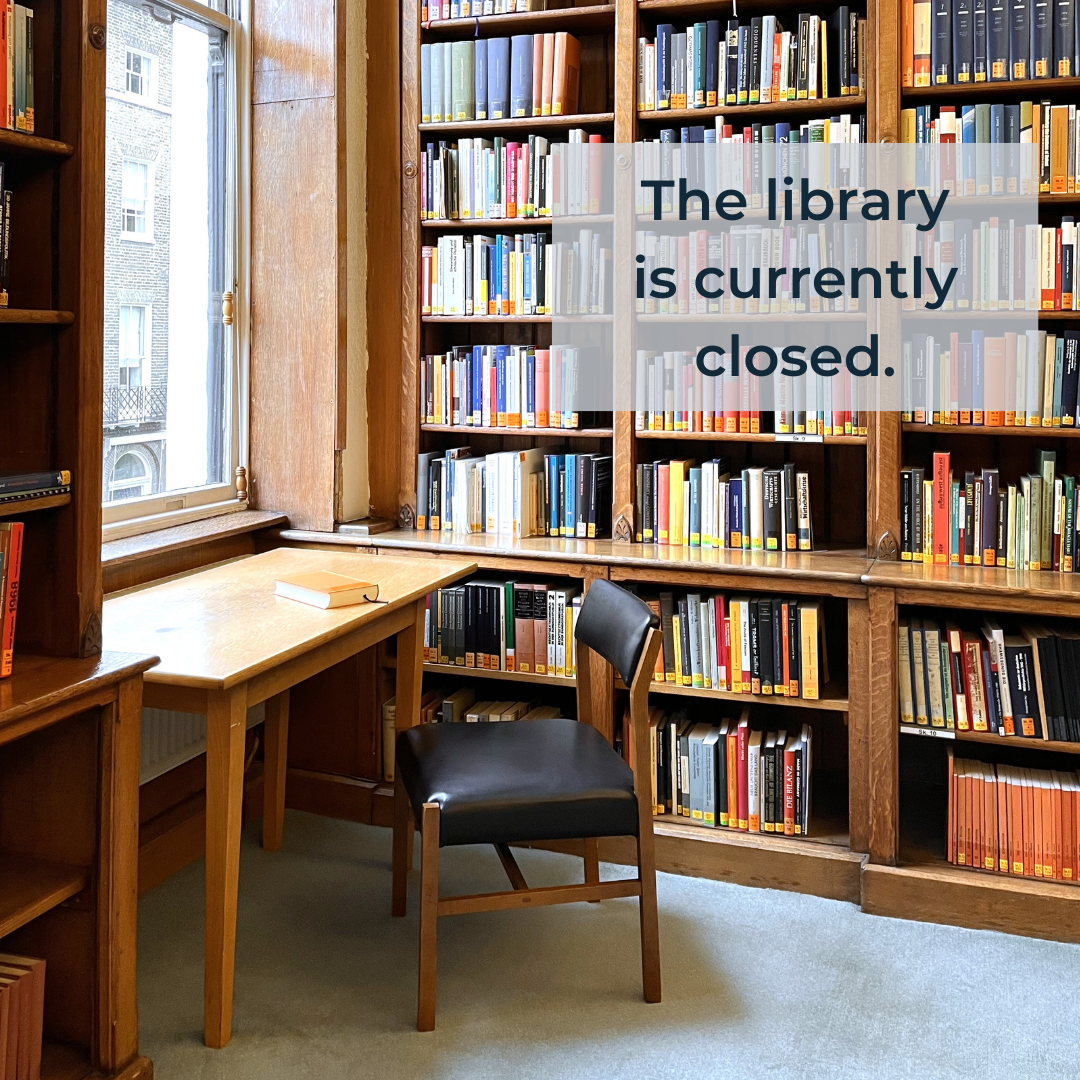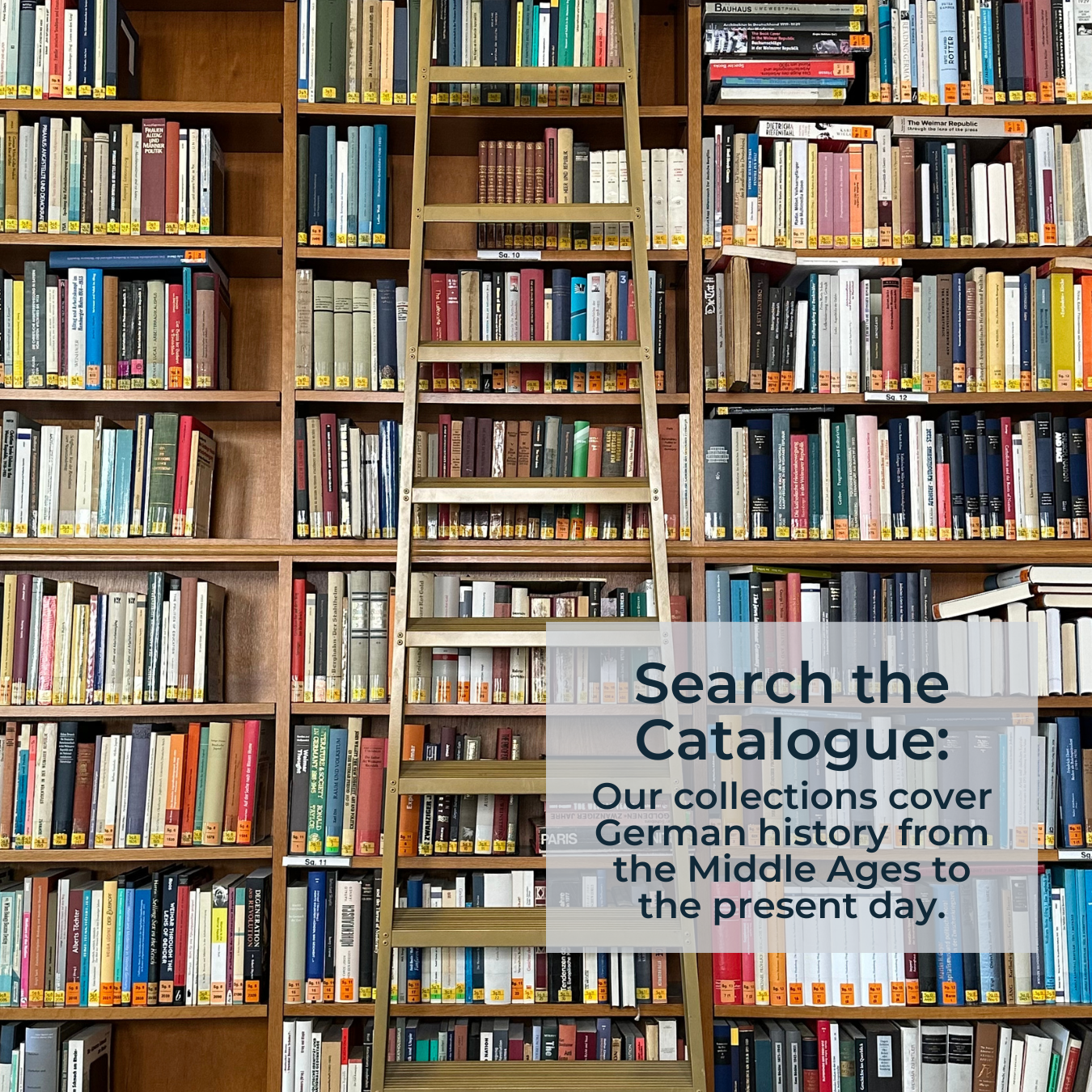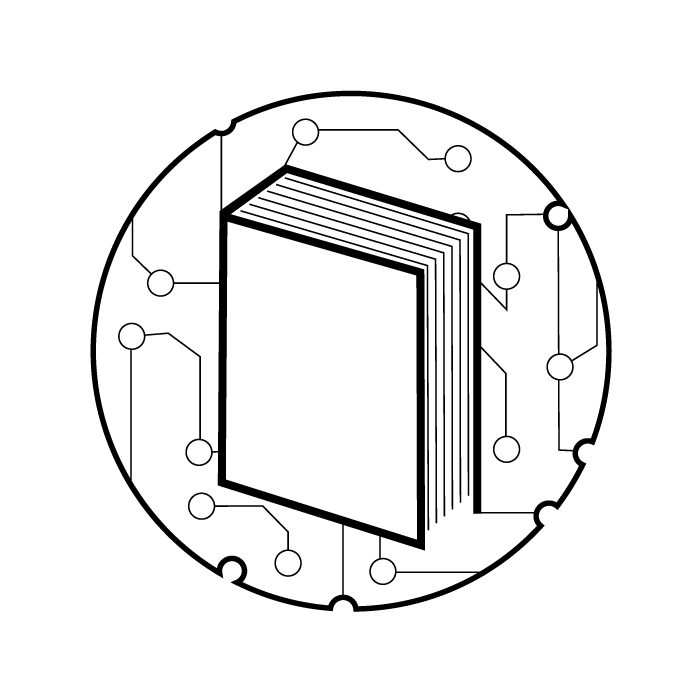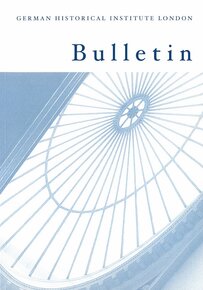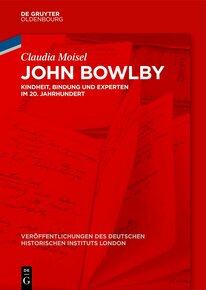German Historical Institute London
Opportunities
Summer School
City and Empire. Colonial and Postcolonial London
21 – 24 July 2026
Organizers: German Historical Institute London and the Ludwig-Maximilians-University, Munich
Course convenors: Professor Johannes Großmann (LMU Munich) and Dr Indra Sengupta (GHI London)
The 23rd GHIL/LMU Summer School will focus on London as an imperial-global and as a postcolonial-global city.
GHIL
Deadline for applications: 6 March 2026
GHIL Building
Renovation Works and Closure
The GHIL building, including the library, will be closed for renovation works until Spring 2026.
Among other works, our reception space and the seminar and common rooms will receive a face-lift, and a previously hidden Octagon room on a the ground floor will become a new meeting space.
Please bear with us during this unavoidable period of closure. We look forward to welcoming you to the new and improved GHIL in a few months' time!
Opportunities
Scholarships
For postgraduate students, Habilitanden and postdocs at German universities who wish carry out research in Britain
Awarded for a period of up to three months (only full months), depending on the requirements of the research project
Deadline for applications: 31 March 2026
CANCELLED 4 March 2026 (5.30pm)
GHIL Joint Lecture
Reflections on Writing a History of Europe under German Occupation during the Second World War
Tatjana Tönsmeyer (Wuppertal)
Pushkin House/Online
5 March 2026 (6pm)
Special Lecture
Tech Utopias Then and Now
Pamela H. Smith (Columbia University)
Pushkin House/Online

23 February 2026
Blogpost
Michelle Watzig
‘Industrious’ Chinese and English ‘Scoundrels’: Stereotypes of Asian and British Seamen in the 1908 issues of The Seaman
Category: Research, Scholarships
9 February 2026
Blogpost
Gabriele Bellinzona
The Danish-English-Halle Mission (1706-1845) and its Connection to the Society for Promoting Christian Knowledge
Category: Research, Scholarships
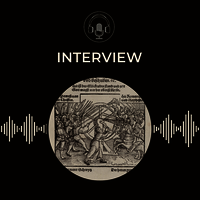
Interview
A linguistic legacy : The lasting impact of Reformation-era texts
Henrike Lähnemann, Thomas Kaal and Kim König
9 January 2026
, 0:21 h
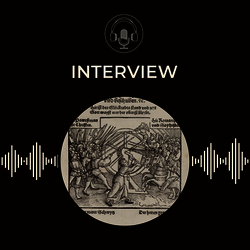
Interview
A linguistic legacy : The lasting impact of Reformation-era texts
Henrike Lähnemann, Thomas Kaal and Kim König

GHIL Lecture
1525 and All That : How Nuns’ Letters and Reformation Pamphlets Shaped German History
Henrike Lähnemann
18 November 2025
, 0:50 h
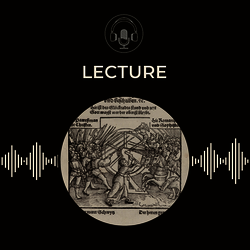
GHIL Lecture
1525 and All That : How Nuns’ Letters and Reformation Pamphlets Shaped German History
Henrike Lähnemann
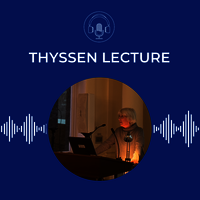
Thyssen Lecture
Local Modernity: Agency, Entanglement, and the Making of the Modern Middle East
Gudrun Krämer
13 October 2025
, 0:58 h
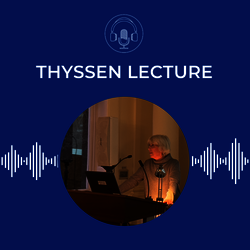
Thyssen Lecture
Local Modernity: Agency, Entanglement, and the Making of the Modern Middle East
Gudrun Krämer
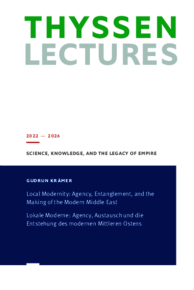
Gudrun Krämer
Local modernity: agency, entanglement, and the making of the modern Middle East
Lokale Moderne: Agency, Austausch und die Enstehung des modernen Mittleren Ostens

